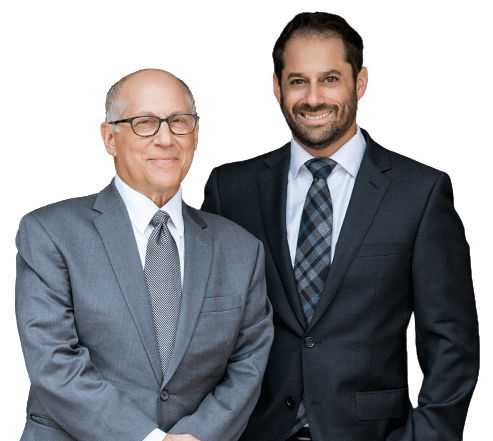
If you were convicted of a crime and now have a public criminal record, it may be difficult for you to land a job, rent an apartment or move on with your life in other ways. If you are eligible, you can file an application to have your records sealed. This means a judge could agree to remove your offenses from your public record. You may also know this as “expunging a record,” but it is now known as “sealed” in Ohio. Read on for advice from the experienced criminal defense lawyers at Bentoff & Duber.
Who is eligible to have their criminal records sealed?
Generally speaking, offenders with up to two misdemeanors, offenders with one misdemeanor and one felony, and offenders with multiple minor misdemeanors can apply to have their records sealed.
Note that two or more convictions based on the same act can be treated as one conviction, and two or three convictions based on separate offenses, but are related crimes and occurred within three months of each other, can also be treated as a single conviction. Minor misdemeanors and traffic offenses do not typically count as a conviction, with the exception of offenses such as OVI/DUI.
What offenses are not eligible to be sealed?
- First- or second-degree felonies
- Offenses with mandatory prison terms
- First-degree misdemeanors or felonies where the victim was under the age of 18 (excludes the non-support of dependents)
- Criminal acts classified as an “offense of violence”
- OVI/DUI
How do you file a motion/application to seal criminal records?
Generally speaking, you apply through the court where your case was heard. Once you file a request to seal, along with the corresponding filing fees the court will either grant or deny the motion/application or will set the matter for a hearing. At the hearing the court will make a final determination if you are eligible. It’s always best to retain a lawyer to help you through this process from the beginning.
Who can see a criminal record once it’s sealed?
Your criminal record will no longer be accessible to the public, but some parties such as government officials, the police, state licensing boards and certain employers such as law enforcement, health care and financial institutions will still have the ability to receive some information regarding the conviction that was sealed.
Interested in having your records sealed for charges you were not convicted of? Stay tuned for a post from us on that soon. In the meantime, check in with us on this or any other legal considerations at 216-861-1234 or by contacting us online here.
About the author: Brandon Duber, a Partner with Bentoff & Duber Co., LPA, is a lawyer with proven experience in the courtroom and expertise in the areas of workers’ compensation, criminal defense, personal injury and medical malpractice law. He received his B.A. from Skidmore College in Saratoga Springs, NY and his J.D. from The Case Western Reserve University School of Law in Cleveland, OH.

